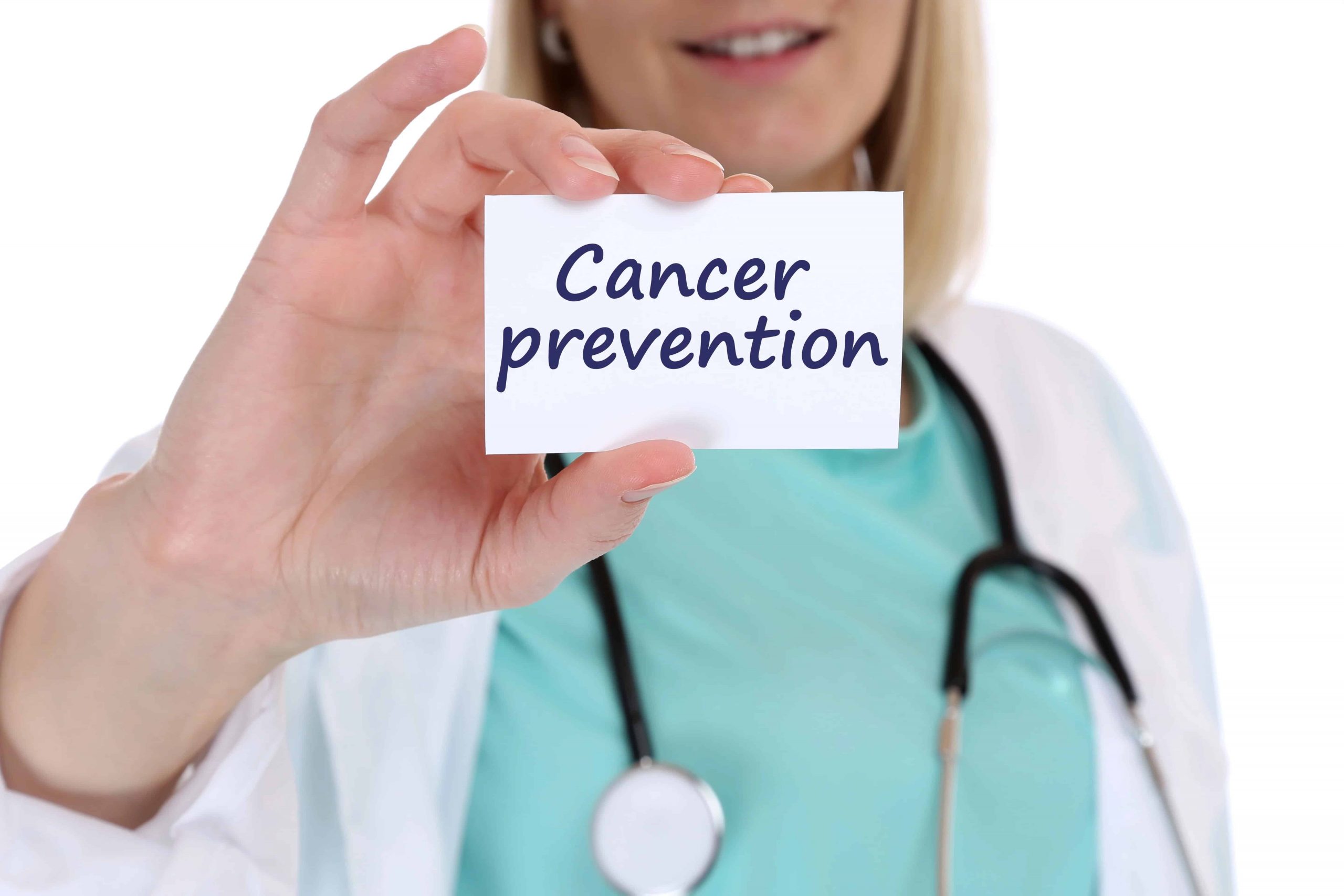While there is no definitive prevention for colorectal cancer, there are steps you can take to lower your risk of developing it. According to the American Cancer Society, most of these steps include taking control of the risk factors that you have the ability to change, which were mentioned in the Risk Factors blog.
Here are some of the ways that you can prevent colon or rectal cancer:
Colorectal cancer screening
According to the American Cancer Society, “screening is the process of looking for cancer or pre-cancer in people who have no symptoms of the disease.” Therefore, screening can detect early warning signs of cancer, making it possible to treat the cancer as early as possible. Colorectal cancer, in particular, is highly curable when it is detected early.
Experts recommend beginning cancer screenings at age 50 for those who are not at increased risk. Screenings should start younger in people who have elevated risk factors for this type of cancer, such as family history of colon or rectal cancer or personal history of colorectal polyps or cancer.

Weight and wellness
Some risk factors of this cancer include being overweight, leading a sedentary lifestyle, and eating too much red or processed meat or fried or broiled food. To lower your risk of developing this cancer, try to limit your intake of these foods, and instead, eat more whole grain fibers, fruits, and vegetables to lower your chances of developing the cancer.
Additionally, getting even the minimum recommended amount of physical activity every day can decrease your risk of colorectal and other cancers, so remember to get up and get moving.
Monitoring both diet and exercise can lead to a healthier lifestyle and weight loss, as well as a decreased chance of colon or rectal cancer.
Not smoking or drinking
Avoiding smoking and alcohol can also help prevent colorectal cancer. Long-term smoking has been linked to a higher risk of colon and rectal cancer, as has high alcohol intake, particularly in males. Quitting smoking and limiting alcohol consumption to 2 drinks a day for men and 1 drink a day for women can decrease your chances for developing the cancer.
Taking vitamins and supplements
For the most part, more research is needed as to whether supplements and vitamins actually prevent colorectal cancer. For instance, some studies suggest that taking daily multivitamins that include folic acid may lower the risk of developing colon cancer, while other studies have found that folic acid might actually cause tumors to grow. Vitamin D and calcium have also been shown in some studies to help lower your risk, while other studies have not found the link between these supplements and lowered  risk. Some studies have shown a link between high magnesium levels and lower risk, but more research is still necessary to verify the link.
Use of NSAIDs
Those who take non-steroidal anti-inflammatory drugs (NSAIDs) on a regular basis have been found to be at lower risk. NSAIDs include ibuprofen and naproxen, under the name brands Motrin, Advil and Aleve.
However, NSAIDs have also been found to cause adverse side effects such as ulcers, which can lead to bleeding in the stomach, which is why researchers do not recommend taking NSAIDs only to reduce the risk of colon or rectal cancer.
Female hormone replacement therapy
According to the American Cancer Society, “taking estrogen and progesterone after menopause (sometimes called menopausal hormone therapy or combined hormone replacement therapy) may reduce a woman’s risk of developing colon cancer.” However, women diagnosed with cancer while undergoing these therapies may in the later stages of their cancer. Additionally, this therapy is not recommended just to lower the risk, as the therapy can also increase the risk of heart disease, blood clots, breast cancer, and lung cancer.
Before using any of these methods of prevention, you should consult with your doctor to ensure you are taking the right steps for your overall health.

